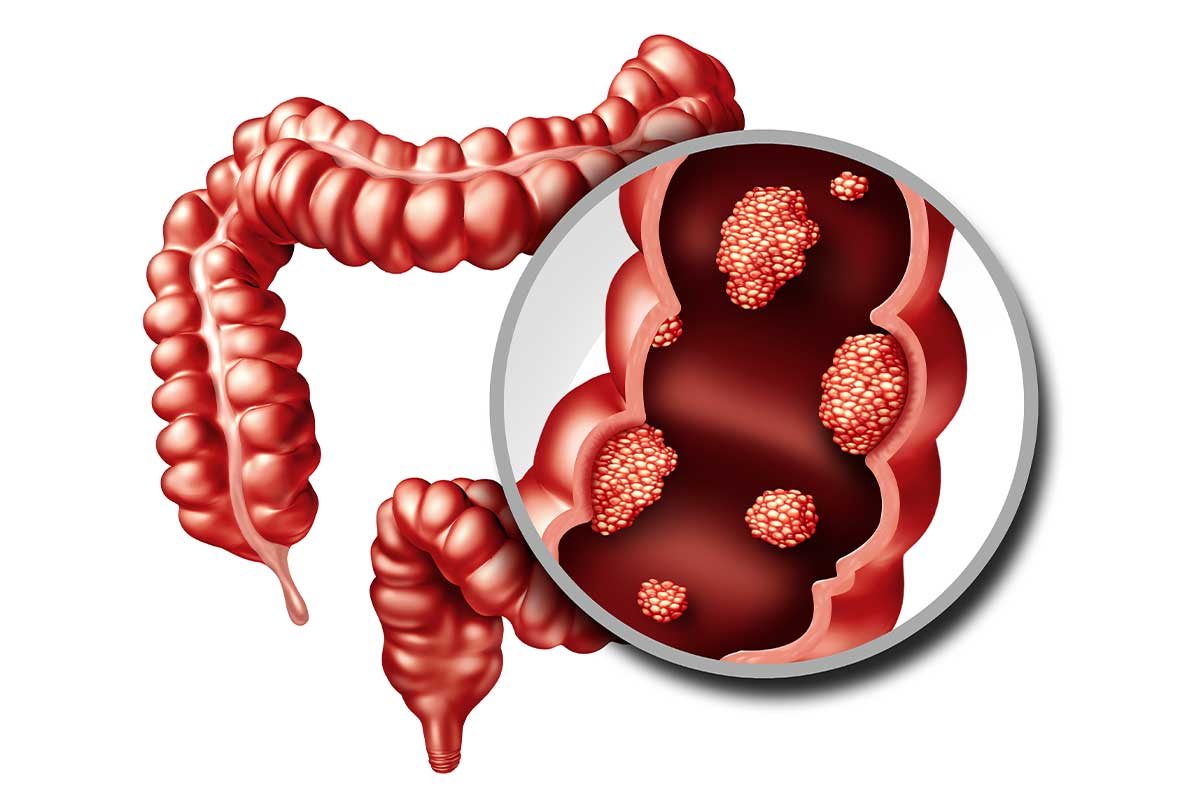
25
Jan
The Second Deadliest Cancer in America

One of the biggest killers in the United States, colorectal cancer is the third most common type of non-skin cancer. Colorectal cancer is the second leading cause of cancer deaths in the United States.
Anyone who believes they could be suffering from colorectal cancer should talk to a gastroenterologist immediately. While colorectal cancer is deadly, your chances of survival are much greater if the cancer is caught at an early stage.
Colon Cancer and Rectal Cancer Explained
We’ll dig into the statistics in a second, but first, let’s discuss what Colorectal cancer is. Colorectal cancer can be broken down into two types: Colon cancer and rectal cancer. While colon cancer and rectal cancer are closely related and may occur at the same time, there are a few differences.
Colon cancer begins in the large intestine, which is also called the colon. Cancer often starts as benign polyps that form on the colon. These clumps of cells may start out non-cancerous- but over time can turn into cancer. From there, the cells multiply out of control, producing tumors, and could spread through the rest of your body!
Rectal cancer occurs in the rectum, which is a specific part of the colon. As with colon cancer, rectal cancer occurs when cancerous cells take root and begin to grow.
Colorectal Cancer is Very Deadly
In 2019, it’s estimated that 101,420 new cases of colon cancer were diagnosed, while 44,180 new cases of rectal cancer were discovered. Slightly more men will be diagnosed with colorectal cancer than women, an estimated 51,690 men to 49,730 women. Each year, over 50,000 adults die for colorectal cancer.
It’s essential to identify cancer in its early stages. If colorectal cancer is diagnosed in the localized stage, roughly 90% of patients will live. Fortunately, roughly 39 percent of patients are diagnosed in this stage.
As cancer spreads, mortality rates rise. If cancer spreads to local organs or regional lymph nodes, just 71 percent of patients will survive past 5 years. If it has spread to distant parts of the body, the 5-year survival rate drops to only 14 percent!
So what’s the important takeaway here? It’s essential to catch colorectal cancer quickly. If you’re able to identify cancer quickly, your chances of survival will increase greatly.
Watching for Colorectal Cancer
There are many symptoms of colorectal cancer, including:
- Sudden and constant changes in bowel movements
- Bleeding or blood in the stool
- Constant abdominal discomfort
- A feeling that your bowel doesn’t empty completely
If you or a loved one are showing symptoms of colorectal cancer, and you live in the New York metropolitan area, contact Triborough GI immediately.
Call (718) 795-2734 today to book an appointment or schedule a Telehealth visit!

